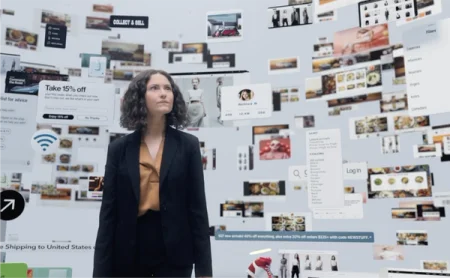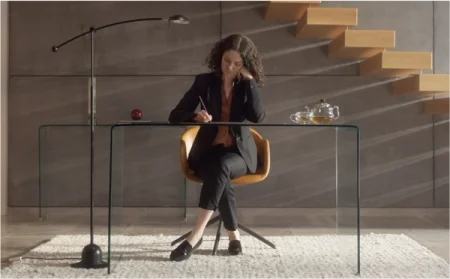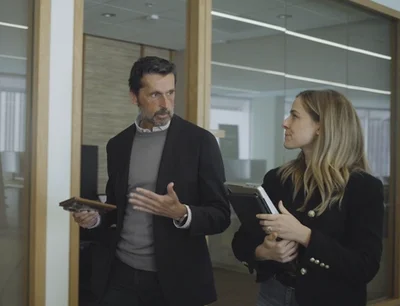Why you’re procrastinating — and how to stop
Explore the emotions behind why we put off certain tasks to turn procrastination into productivity.

The unwashed dishes, the overflowing clothes baskets, and the unopened paint tins are so entrenched as hallmarks of the daily hustle that there’s no question we have an expert’s insight into what procrastination is.
Defeating it, though, is an entirely different proposition. Luckily we know a tool that can help.
You’re not lazy
In a 2013 study, psychology professors at Bishop's and Carleton Universities in Canada found procrastination to be a problem caused by an overemphasis on the negative ideas associated with tasks, compared with long-term future goals.
“As a form of self-regulation failure, procrastination has a great deal to do with short-term mood repair and emotion regulation,” authors Fuschia M. Sirois and Timothy A. Pychyl wrote. “When our focus is on feeling better now, we fail to override our impulse to avoid the task, and ‘give in' to feel good.’”
There’s no shortage of suggestions for how to deal with the negative emotions and associations we have around the tasks we dread, including the classic approach of breaking a task up into pieces and just doing the first part. There’s also support for the idea that being kind to yourself about the whole thing will lead to less procrastination next time.
Perhaps an examination of exactly what it is you’re feeling, with the intention to put your finger on why you’re feeling it, could be enough to help you master the emotion, move on, and find your motivation?

Paper tablets vs. procrastination
In terms of emotional regulation, there’s also plenty we can do in a practical, physical sense to make it as easy as possible for us to win those mental battles.
As James Clear points out in his book Atomic Habits, your surroundings contribute to your behavior. For example, if you usually watch TV on the couch, doing any work there will be a challenge because your fingers will itch for the remote.
By the same token, having a tool in your environment like reMarkable that’s purpose-built for focus will make it easier to get going. That in mind, here are a few things to think about when creating a space, and a process, for overcoming procrastination:
Simplicity
The limitless possibilities that pop up when you flip open a laptop can be counterproductive. Usually, you’re greeted with around 20 programs designed to do completely different things. Starting the day with a to-do list on your paper tablet can help keep things simple and organized.
Read more
Reach your goals with planners
An absence of distractions
If your liking for Plants vs. Zombies is, uh, growing out of control, then the app should probably go in the compost. Sorry. The good thing about working on reMarkable is the deeper level of focus you can achieve without social media, pop-ups, or other notifications.
Read more
Find focus and achieve breakthroughs at work
Flexibility to support deep work
It can help to have multiple ways to attack a task. For example, on your paper tablet, you can type or handwrite, and pick up notes written on your desktop or mobile. You can get right back into the idea you were working on, or create something new, with minimal starting costs.
Read more
5 ways to sharpen your focus
“When our focus is on feeling better now, we fail to override our impulse to avoid the task, and ‘give in to feel good.’”
- Fuschia M. Sirois and Timothy A. Pychyl
Can I really be bothered?
The equation is simple: If you can skip the procrastinating step, you’re able to spend more time focusing on your goals. The final result of that? All that time focusing compounds and delivers incredible outcomes.
So now you know you’re not lazy, you have the tools you need at hand, and there’s gold at the end of the rainbow. Yes, you can really be bothered. Off you go — your next breakthrough awaits.
Learn more about reMarkable Paper Pro over on our product page



